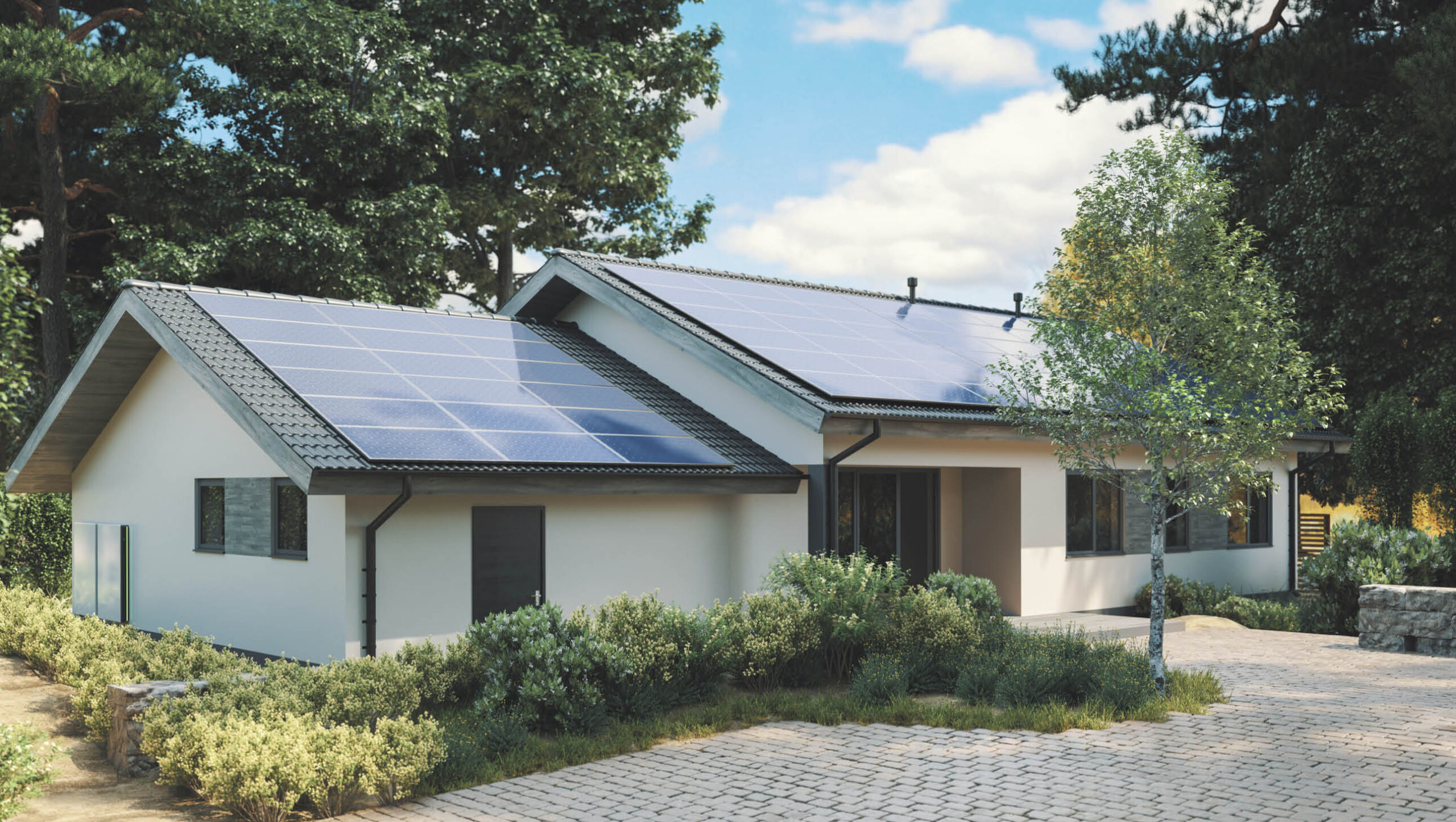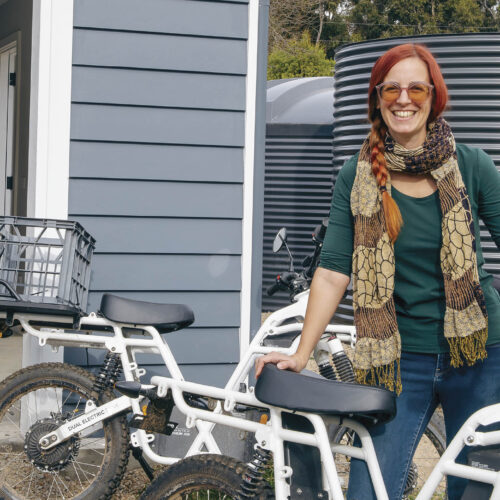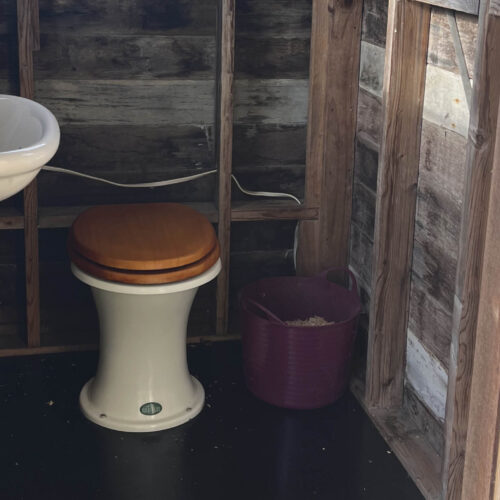Making the most of solar panels
2024-04-23T05:29:18+10:00
Solar panels on your mind (and your roof)? Here's some tips to keep them providing you with the energy you need.
The economics of having solar panels stack up so well that about one in three Australian households have decided to install them. Once on your roof, though, you may have other questions about how to make sure you get the most out of your new energy source.
What can I do to get the most out of my solar panels?
To get the most out of your PV system, it’s important to use your power-hungry electrical appliances during the day, when you are producing power, rather than at night, when your panels aren’t working and you’ll be importing electricity from the grid.
If you can, use timers to set your washing machine, dishwasher and electric hot water unit to come on in the middle of the day, Finn Peacock, the founder of solarquotes.com.au, says. And charge your EV when the sun is shining.
You might also benefit from getting a solar monitoring app, such as Solar Analytics, which can give you in-depth information about how your panels are performing and how much of their power you are using.
What maintenance do I need to do?
“Most people in Australia will find they never have to clean them,” Peacock says. “The rain cleans them.” Exceptions include panels in dry, dusty environments, areas where you might get moss growing on your panels, or if your panels have been installed flat.
The CEC recommends getting an installer to check your panels once a year to ensure they’re running safely and effectively. Peacock believes once every five years is enough.
Should I get a battery?
Whether you should get a battery depends firstly on why you want one, Peacock says.
“If you want to use it to back up your house when the grid goes down, go for it – it’s a really good way to do it.” However, if you’re thinking about getting a battery because you want to save money on your bills, it’s not so straightforward.
Batteries typically cost between $8000 and $15,000. And payback times can be 12 years or more.
“Many Australians are still on what’s called a standard tariff, where you pay the same amount per unit of electricity 24 hours a day. It’s quite hard to make a battery work on those plans,” Peacock says.
However, if you’re on a time-of-use tariff, and can use your battery’s stored power during the expensive evening peak period, batteries can pay for themselves in as little as six or seven years, according to Peacock.
Con Hristodoulidis, the policy director, distributed energy, for the Clean Energy Council (CEC), says batteries can save households up to $900 a year, and the savings can be even higher – up to $1150 a year – if you install an orchestrated residential battery, which can trade electricity with the grid at optimal times.
To do more research, talk to a few retailers, punch some numbers into online calculators, and consult your solar monitoring app, if you have one. Solar Analytics offers battery advice based on your usage.
You’ll find Simon Webster’s full article with many more tips, including the latest on using an electric vehicle (EV) to power your home, in our Early Winter 2024 issue (OG 149).







